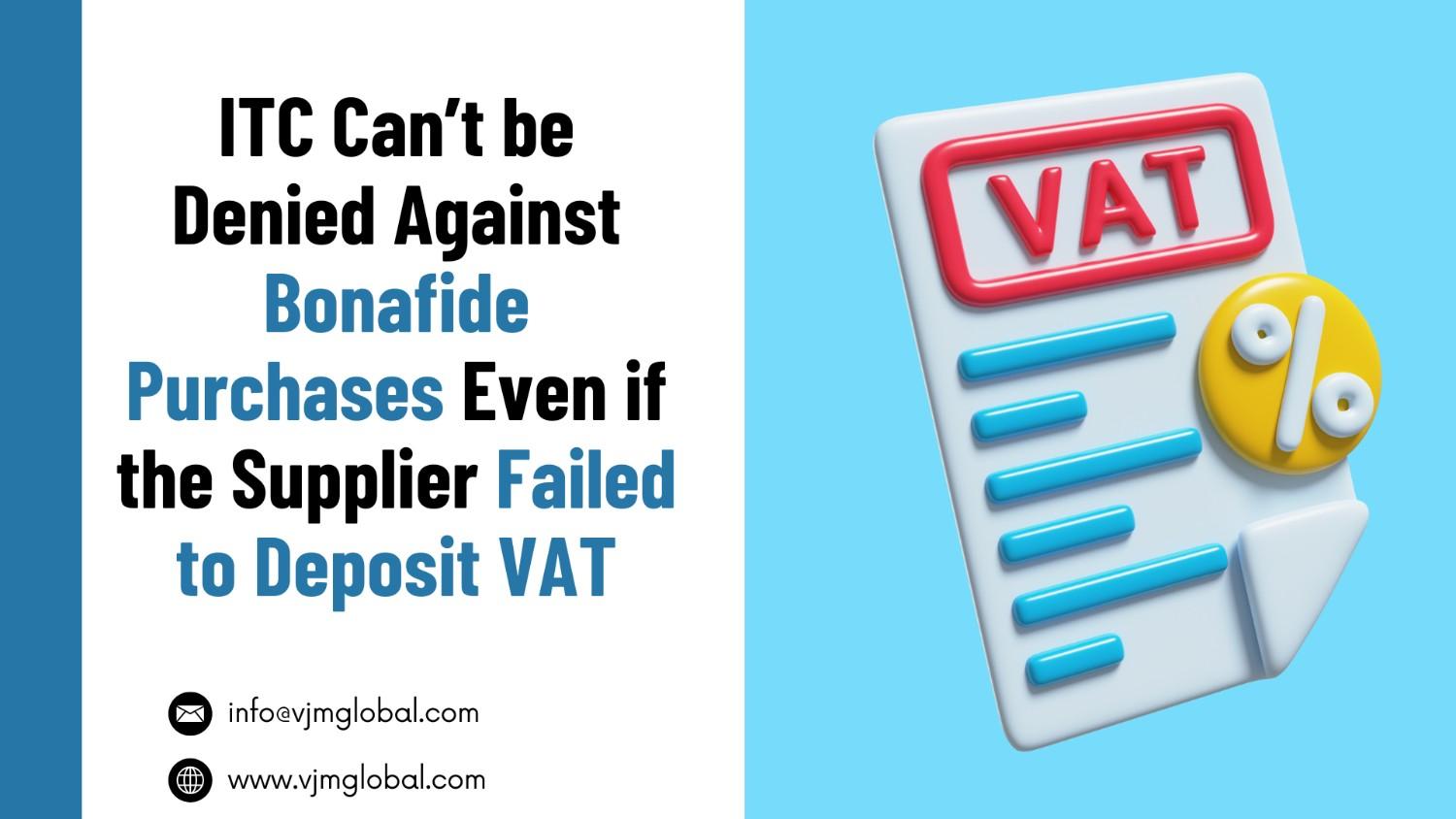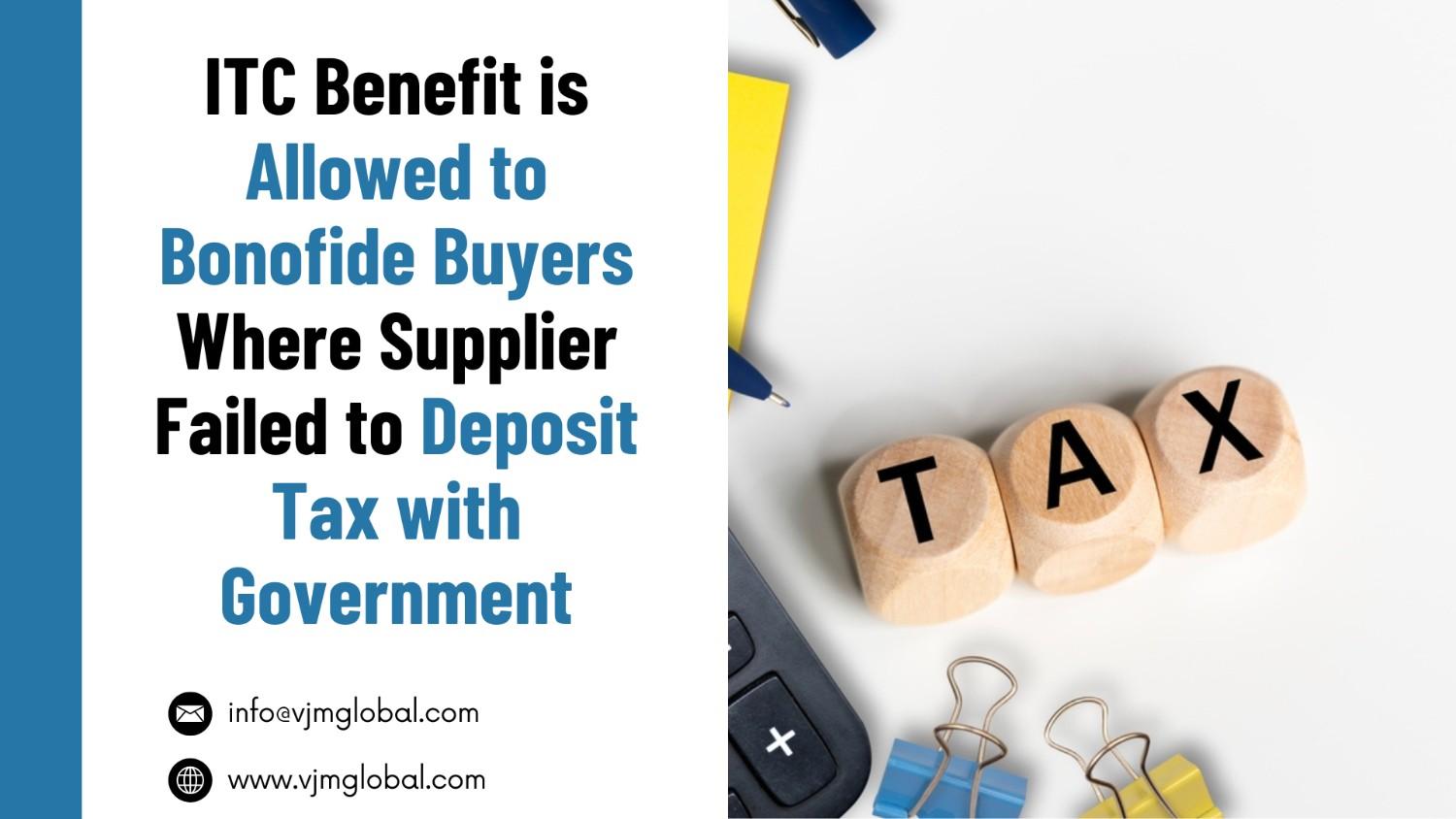Held by Hon’ble High Court of Delhi
In the matter of Godaddy.Com LLC vs. Assistant Commissioner of Income-tax
The Appellant is engaged in providing domain name registration service, website design and web hosting. The Appellant charges a fee for facilitating domain name registration and a part of such fees is kept by the Appellant and a portion is shared with ICANN and the registry. Ld. The Assessing Officer considered such a fee as royalty and issued a demand order accordingly. View of Ld. AO is upheld by DRP and Tribunal. The Appellant contented that the domain name is not owned by the Appellant. Rather, the same is owned by the customer itself. The Appellant is only an intermediary and only renders registration services. The Appellant does not have any right in the property or trademark in the domain name. There is a difference between domain name registration and Trademark. The services offered by the Appellant are similar to those provided by other professionals to their respective clients who seek registration of a company's name with the RoC or registration of patents and trademarks with the concerned registrars appointed under the relevant statute.
Hon’ble High Court held that As per agreement between the Appellant and ICANN, what is agreed between the appellant and its customers is that mere registration of a domain name. Therefore, the submission advanced on behalf of the appellant, i.e., that since it is not the domain name's owner, it cannot confer the right to use or transfer the right to use the domain name to another person/entity, deserves acceptance. Accordingly, consideration received by Appellant can’t be taxed as royalty.
Detailed analysis of the case is given below:
1. Brief Facts of the case
- The appellant is a US-based company and is an accredited registrar for the Internet Corporation for Assigned Names and Numbers (ICANN).
- The appellant provides services such as domain name registration, website design, and web hosting.
- The Appellant charges a fee from its customers for facilitating domain name registration and a part of such fees is kept by the Appellant and a portion is shared with ICANN and the registry.
- The domain name's owner is the customer. The customer may change its registrar any time at his option.
- The Appellant received a draft assessment order proposing addition of income of the appellant received against domain name registration services construing the same as royalty.
- Being aggrieved by the order, the appellant preferred objections against the same before the Dispute Resolution Panel (“DRP”).
- The DRP sustained the view taken by the AO and rejected the objections raised by the appellant. Further, DRP also approved the imposition of interest under Sections 234B & 234C of the Act.
- Consequently, the DRP directed the AO to complete the assessment as per the directions contained in its aforementioned order.
- Therefore, the AO passed a final assessment in line with the directions issued by the DRP and made an addition to the income treating the domain names registration fees as royalty. In this context, reference was made to Section 9(1)(vi) of the Act.
- The Appellant preferred an appeal with the Tribunal against the Impugned order.
- However, The Tribunal dismissed the appellant’s appeal and, thus, sustained the addition made by the AO.
- The Tribunal relied on judgment rendered by the Hon’ble Supreme Court in Satyam Infoway v. Siffynet Solutions, (2004) 6 SCC 145 and the decision of this Court rendered in Tata Sons v. Manu Kishori and Ors., 90 (2001) DLT 659 (Delhi).
2. Legal Question before Hon’ble High Court
The question for consideration before Hon’ble High court is:
“Whether on the facts of the case and in law, the Income Tax Appellate Tribunal (“Tribunal”) erred in holding that the income received by the appellant as a consideration for providing domain name registration services amounted to „royalty‟ under Section 9(1)(vi) of the Income Tax Act, 1961”
3. Contention of the Appellant
The Appellant made following submission:
- The Tribunal has erred in concluding that a domain name is like a trademark. The Appellant does not transfer any right to use the domain name to the customer.
- Domain name is owned by the customer and the same can be transferred by the customer only.
- The customer would not have been able to engage with another Registrar had the Appellant been the domain name's owner.
- The Appellant is only an intermediary and only renders registration services. The Appellant does not have any right in the property or trademark in the domain name.
- The consideration received by the Appellant as a fee is not received for use or right to use the domain name or even for transfer of right of such domain name. As per the agreement entered into between the Appellant and ICANN, all rights to exclusive ownership in the domain name submitted by the Appellant to the registry database.
- There is a significant difference between transferring the right to use the trademarks and facilitating the process of registering the trademarks. The Appellant is not engaged in licensing domain names; it simply assists customers in obtaining registration of domain names. Therefore, the consideration received for such service cannot possibly be characterized as royalty.
- There are following qualitative difference between domain names and trademarks:
- Domain name is a creation of the registration process with limited use, and that too for a defined timeline. On the other hand, a trademark is created out of goodwill and is independent of registration. The trademark is protected even if it is not registered as long as it depicts distinctiveness.
- A trademark is subjected to a stringent verification process before being registered. The verification process seeks to ensure that trademarks that are similar or deceptively similar and thus inject confusion amongst the customers regarding the source of the goods are not registered. However, no such verification is possible or is carried out for domain names. Domain names are registered based on the first come, first serve principle.
- Although one could possibly register, for example, tata.com, as a domain name, the same cannot be registered as a trademark. That said, registering tata.com as a domain name could open the registrant to the risk of being sued for passing off and injunction actions.
- Both the domain name registrant and the trademark owner would be required to show that goodwill has been acquired, as the institution of an action by either would have to be founded on goodwill, not registration.
- The services offered by the Appellant are similar to those provided by other professionals to their respective clients who seek registration of a company's name with the RoC or registration of patents and trademarks with the concerned registrars appointed under the relevant statute.
- The Tribunal's reliance on Clause (vi) of Explanation 2 appended to Section 9(1) is misconceived.
- To qualify the consideration received by the Appellant as “Royalty", it must satisfy the following attributes:
- A domain name (trademark) must exist.
- The domain name ownership must vest with the Appellant.
- The Appellant must have transferred all or any rights, including the right to use such domain name/trademark to its customers.
- The Appellant must offer some services in connection with the primary transaction.
- However, in the given case, None of these attributes are attracted to the registration service offered by the Appellant.
4. Analysis by Hon’ble High Court
Hon’ble Delhi high court made following Analysis:
- The AO has taxed the fee received by the appellant for providing domain registration services as right to use the servers maintained by the appellant in the country. Therefore, AO taxed the same as royalty under Section 9(1)(vi) of the Act.
- The Tribunal agreed with the conclusion arrived at by the AO. However, the rationale provided is different. The Tribunal has equated a domain name with a trademark and hence consideration received is taxable as royalty since it involved the right to use or use of a trademark.
- The appellant is not seeking the benefit of the DTAA, even while contesting the exigibility to tax with regard to the fee received for domain name registration.
- The appellant is one of the many registrars who have entered into an accreditation agreement with ICANN.
- The registrars enter into domain name registration agreements with their respective clients.
- The appellant appears to facilitate the registration and transfer of generic top-level domains, such as .com. .net, .org, and .info. And aso provides the same service for country code top-level domains, which includes .us, .ca, .mx, .fr, .it, .de, .es.
- If a person is desirous of obtaining a particular domain name, he needs to visit the appellant website and accordingly place a request for the same.
- The appellant thereafter checks with the registry for the availability of domain name. In other words, the only verification that is carried out is whether or not the requested domain name has already been registered by another person or not.
- The registration request is declined if the requested domain name is already registered. If the registry confirms that the requested domain name is available for registration, the appellant enters into an agreement with its customers against payment of the prescribed fee.
- A unique internet protocol address is created in favour of the customer.
- The fee received for such service is shared between the Appellant, ICANN and the Registry.
- The database concerning domain names and IP addresses is maintained in the servers owned by the appellant.
- A close perusal of the agreement between the Appellant and ICANN, what is agreed between the appellant and its customers is that mere registration of a domain name.
- Therefore, the submission advanced on behalf of the appellant, i.e., that since it is not the domain name's owner, it cannot confer the right to use or transfer the right to use the domain name to another person/entity, deserves acceptance.
- The Supreme Court, in Satyam Infoway, held that it is the registrant (and not the Registrar) who owns the domain name, and can protect its goodwill by initiating passing off action against a subsequent registrant of the same domain name/a deceptively similar domain name.
- The Court in Satyam Infotech was concerned only with the rights of the domain name owner and not the Registrar, while determining whether passing off action can be initiated in relation to domain names. Given this position, the Tribunal’s reliance on this judgment is misconceived.
- The appellant is only acting as a Registrar and thus offering its services to its customers for having their domain names registered.
- The aforementioned principle may have been attracted if the appellant/assessee had granted rights in or transferred the right to use its domain name, i.e., Godaddy.com, to a third person.
5. Conclusion
The Hon’ble High Court held that the fee received by the appellant for registration of domain names of third parties, i.e., its customers, cannot be treated as royalty. The appeals are accordingly allowed.













